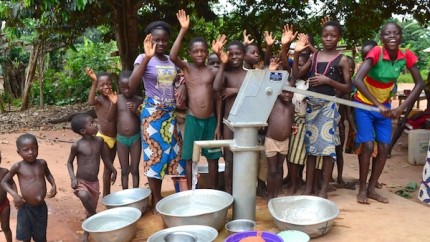
While done with good intentions, there have been water systems set up for developing countries that fail to sustain themselves – sometimes breaking down just a few years later, according to a 2004 report from Rural Water Supply Network – leaving villagers without clean water once again.
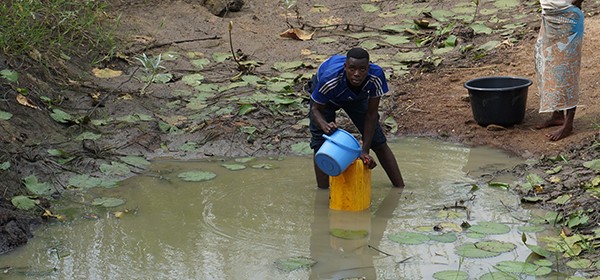
As a result, GAiN’s Water for Life Initiative (WFLI) Sustainability Project was put in place to ensure that the benefits of the wells and training programs would be long lasting – providing villages with the proper tools and knowledge to fix and maintain the water wells, as well as carry on best sanitation and hygiene practices. The goal is to create a system that does not just serve the community for the moment, but one that will continue to be beneficial to future generations.
“We recognized a need to focus on long-term sustainability a couple of years ago,” explains Tess Mawson – Project Manager, Sustainability for GAiN’s Water for Life Initiative. “As our program continued to grow, it was evident that we needed to provide not only quality services but enable villages to have continual services over longer periods of time.”
The first step was an in-depth review of current and previous WFLI projects – looking for insight into their successes, as well as areas that need improvement. Surveys were implemented, which Mawson felt would point the team in the direction of areas they need to focus on.
“I think sometimes with aid we could come in and say, ‘This will solve your problems,’ but really that’s not what they needed or what they wanted. We really wanted to provide solutions that are based on what the local people need,” says Mawson.
The planning and creation of two surveys started with an initial survey process in Tanzania in July 2016.
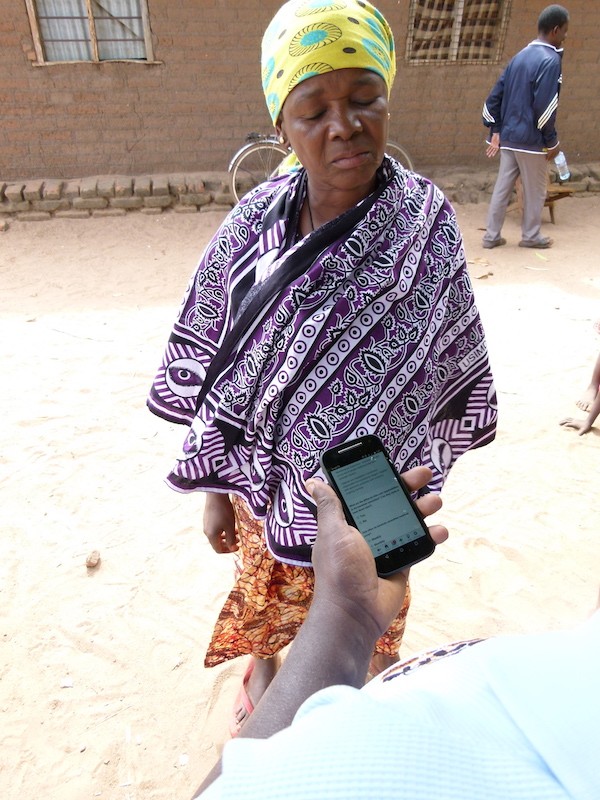
One of the surveys went to households, with questions on the use of water in their everyday lives (how they get their water, their handwashing practices, if they currently pay for water etc.). The other survey was for borehole committees, asking questions related to the wells (financial stability of the water management program and specifics on the functionality of the well and any breakdowns that may have occurred).
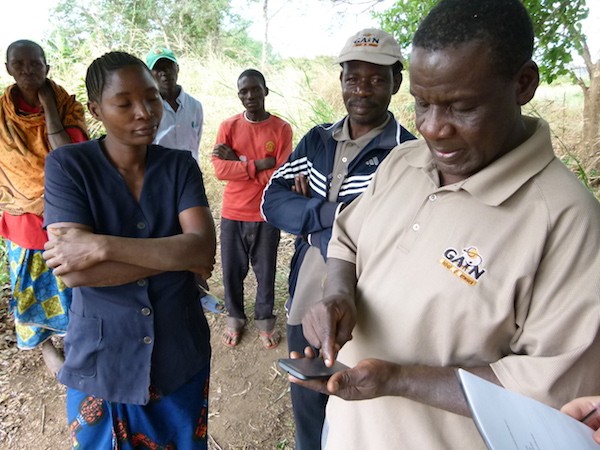
Borehole committees and regional repair representatives are a significant part of sustainability, as they are made up of locals responsible for caring for, maintaining and repairing the deep-capped water wells. They also manage and collect fees charged per bucket of water that goes towards maintenance.
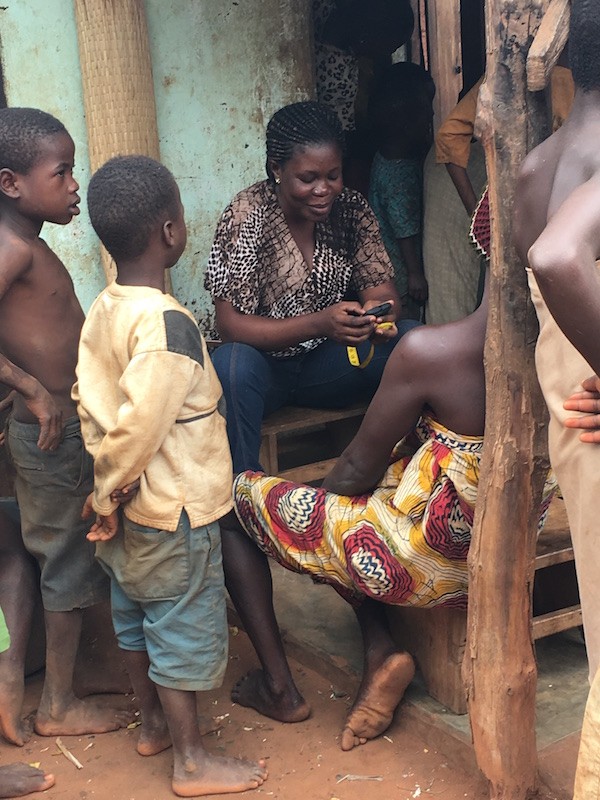
In the coming year, GAiN intends to refine the borehole committee training manuals with a focus on budgeting and saving, ensuring wise financial decisions are made that will preserve the well and further the development of the community.
Regional repair representative programs have been revisited as well. Further equipping reps with the tools and knowledge to become the main contact person for the community is a key focus area. The plan is to invest in locals so that the community will be able to support themselves.
“We want to build up local repair representatives with business and technical skills and provide them with clients by connecting them to the villages with our wells, to help them successfully run their own businesses,” says Mawson. “We also want to connect local supply companies to repair reps so that they can get the resources they need to do repairs. This is a more sustainable model because it improves the local economy and provides jobs and allows for independence and continual support.”
Another focus area of the Sustainability Project is hygiene and sanitation training.
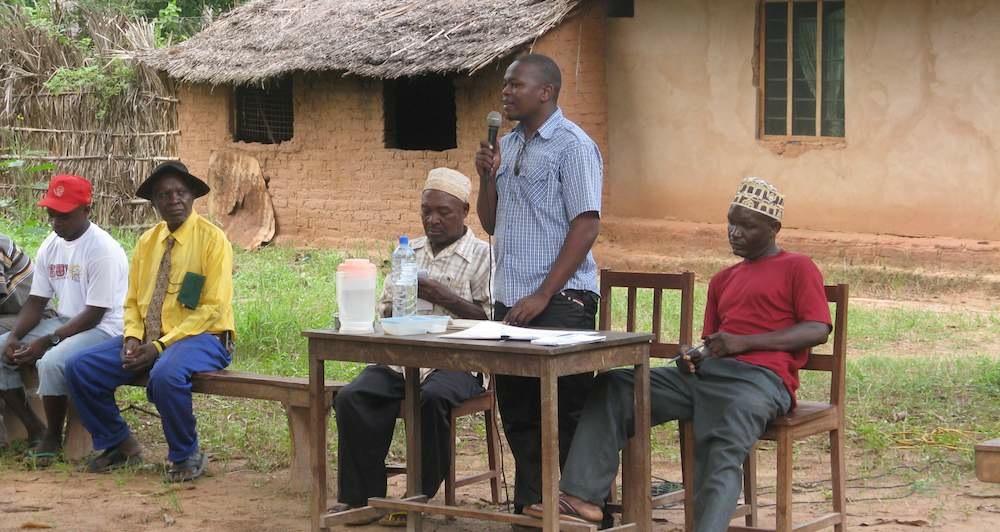
With the current training program in place, the goal of the Sustainability Project is to emphasize to locals the impact that proper hygiene habits and behaviours can have on their health in the future.
Emphasis on the future is important, because African people tend to live in the moment and so future planning is often not a priority.
“They need to get through today, they need to survive, they need to feed their families and things like that,” explains Mawson. “They have a very moment-by-moment mentality, so sustainability is a hard thing for them to grasp but many recognize the importance of it and are willing to work toward that desired future.”
Phase 1 of the project is now done and the team is pulling together the results, which will be communicated in the next few months.
